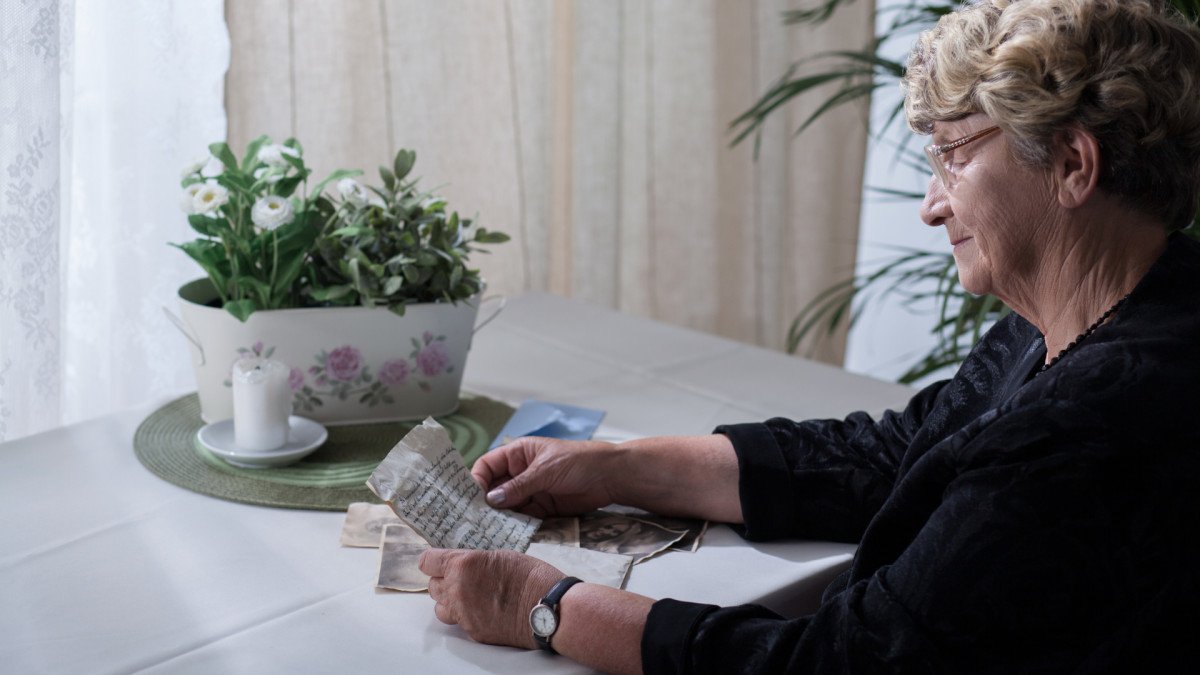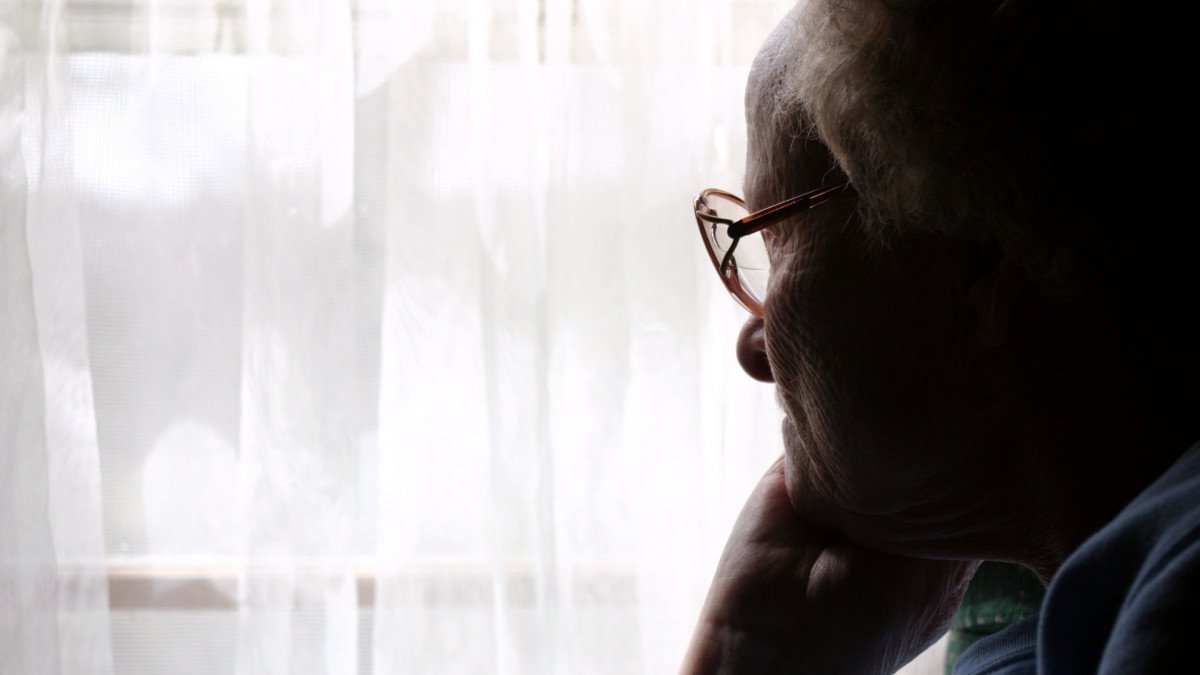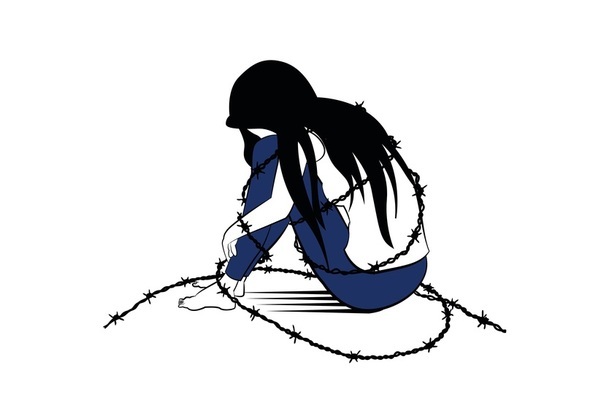
Widowhood grief is an emotionally complex experience that affects millions of people around the world. When you lose a partner or spouse, you not only face the physical absence of a loved one, but also a profound emotional imbalance and a restructuring of daily life. This grieving process is unique to each person and can encompass a wide range of emotions, from overwhelming sadness to anger and confusion.
In this article, we will explore how to deal with widowhood grief in an understanding and constructive way. We will address the stages of grief as identified by experts, highlighting that grief does not follow a predictable pattern and can fluctuate between different emotions at any time. It is crucial to understand that grief is a natural and necessary process to adjust to the significant loss of a life partner.
In exploring these topics, we aim to offer guidance and support to those experiencing widowhood grief, reminding them that they are not alone in their journey and that there are resources and supportive communities that can help them find comfort and hope in the midst of loss. .
understand grief
Grief is a natural and complex response to the loss of a loved one, and it manifests itself uniquely in each individual. When you lose a spouse, the pain can be especially deep because of the intimate, daily bond you had with that person. It is essential to understand that grief is a process and not a specific event.
Elizabeth Kübler-Ross, in her pioneering work, identified five phases of grief: denial, anger, bargaining, depression, and acceptance. Denial is the stage in which the person resists accepting the reality of the loss, seeking brief temporary relief. Anger arises when the person begins to face reality and feel deep injustice about the loss, often directing this anger towards oneself, the deceased, or even towards others.
In the negotiation phase, the person may try to make deals with a higher power to reverse the loss. Depression is a stage of deep sadness, where the magnitude of the loss is fully felt. Finally, Acceptance does not imply that the person is “okay” with the loss, but rather that they recognize the new reality without the presence of the loved one and begin to adapt to it.
It is important to note that these phases are not linear and not all people experience them in the same way or in the same order. Some may return to previous stages or feel several emotions simultaneously. Additionally, the grieving process can last months or even years, and there is no “right time” to get over it.
Grief can also bring about changes in identity and sense of self, since the life shared with one’s spouse was a significant part of one’s existence. Understanding these dynamics can help normalize emotions and experiences during grief, allowing people to be more compassionate toward themselves as they navigate this difficult path.

Emotional and physical impact
Widow’s grief not only affects those who experience it emotionally, but also physically. The emotions that arise can be overwhelming and varied, and it is important to recognize them and manage them in a healthy way. Deep sadness is a common reaction to the loss of a spouse, often accompanied by feelings of emptiness and loneliness. This sadness can be intermittent or persistent, fluctuating over time as the person goes through the different phases of grief.
Anger is also common during widowhood grief, whether directed toward the situation itself, toward others, or even toward the deceased spouse for leaving them. Feelings of injustice, frustration and helplessness can arise and need to be understood and managed constructively.
Guilt is another common emotion that widowers may experience, especially if they are left with feelings that they could have done more for their spouse before their death. It is important to remember that these feelings of guilt are natural but not always rational, and seeking support to process them can be beneficial.
Widowhood grief can also have significant physical effects. Changes in appetite, with weight loss or gain, are common. Sleep problems, such as insomnia or interrupted sleep, can affect a person’s ability to rest adequately. Emotional fatigue can manifest physically, resulting in a constant feeling of tiredness and exhaustion.
Recognizing these emotional and physical effects of widowhood grief is crucial to properly addressing the grieving process. Seeking emotional support from friends, family, or mental health professionals can provide a safe space to express these emotions and receive guidance on how to manage them in healthy and constructive ways.
Strategies to deal with grief
Facing widowhood grief is a complex process that requires time, patience and self-care. Below are some practical strategies that can help widowers cope with this difficult period:
1. Seek emotional support
Talking with close friends, supportive family members, or a counselor can provide a safe space to express emotions and share experiences. Social support is essential to not feel alone during grief and can help reduce emotional stress.
2. Maintain daily routines
Although it may be difficult at first, maintaining some daily routines can offer a sense of normality and structure in the midst of pain. This includes maintaining regular times for eating, sleeping, and participating in daily activities.
3. Practice self-care
Spending time regularly on activities that promote physical and emotional well-being is crucial. This may include moderate physical exercise, meditation, yoga, or simply taking walks outdoors. Taking care of your body can also help improve your mood.

4. Allow yourself to feel emotions
It is important to accept and allow the full range of emotions that arise during grief, whether sadness, anger, guilt or confusion. Denying these emotions can prolong the grieving process. It’s healthy to find constructive ways to express and process these feelings, such as talking to someone you trust, writing in a journal, or engaging in artistic activities.
5. Set small, achievable goals
During grief, big decisions can feel overwhelming. Setting small, achievable goals, such as completing a chore or attending a doctor’s appointment, can provide a sense of accomplishment and control.
6. Explore new activities and hobbies
Experimenting with activities that were not done before can help you rediscover personal interests and healthy distractions. Participating in interest groups or classes can offer the opportunity to meet new people and expand your circle of social support.
7. Consider professional advice
Seeking help from a grief therapist may be beneficial for some people. Mental health professionals can offer specific tools and techniques to manage grief effectively and provide a confidential space to process complex emotions.
Resources and professional help
When facing widowhood grief, it is essential to recognize that you are not alone and that there are resources and professionals available to provide support during this difficult process:
1. Therapy and counseling
Seeking help from a therapist or grief counselor can provide a safe, confidential space to explore complex emotions and develop effective strategies for managing grief. Therapists can offer specific grief management techniques and provide ongoing emotional support throughout the process.
2. Support groups
Participating in support groups for widows and widowers can be a comforting and uplifting experience. These groups provide an environment of mutual understanding where participants can share experiences, express emotions, and receive support from people who are going through similar situations. Listening to others’ stories and sharing your own can help you feel less alone in the grieving process.
3. Online resources
There are numerous online resources that offer information, articles, books, and discussion forums about widowhood grief. These resources can be helpful in gaining additional knowledge about grief, finding comfort in other people’s stories, and accessing practical grief management tools.
4. Books about grief
There are a wide variety of books written by mental health professionals and people who have experienced widowhood grief. These books can provide unique perspectives, practical advice, and emotional comfort during the grieving process. Some popular titles include “How to Survive Grief and Pain” by Elisabeth Kübler-Ross and “Brave Widow” by Joyce Carol Oates, among others.
5. Religious or spiritual support
For those who find comfort in their religious faith or spirituality, Seeking support from religious leaders or participating in religious community activities can be comforting and empowering during grief.
Conclusions
In conclusion, facing widowhood grief is a complex process that requires time and understanding. It is essential to allow yourself to feel and express emotions, seek emotional support, and consider professional help when necessary. Maintaining daily routines, practicing self-care, and exploring new activities can help you find comfort and rebuild a meaningful new life. With time and the right support, it is possible to find hope and meaning after the loss of a spouse.









